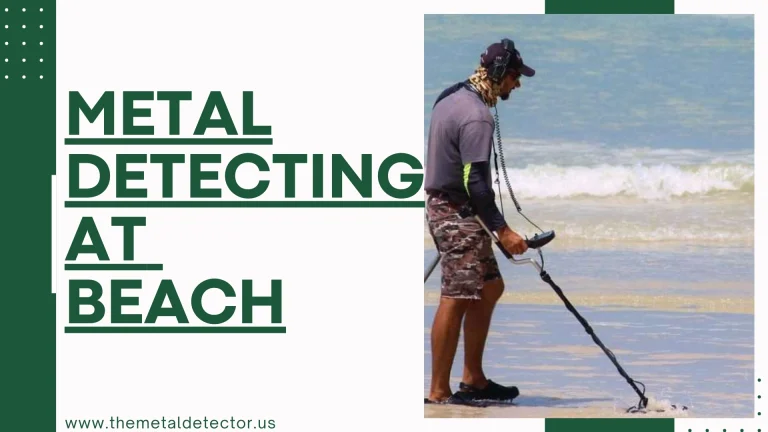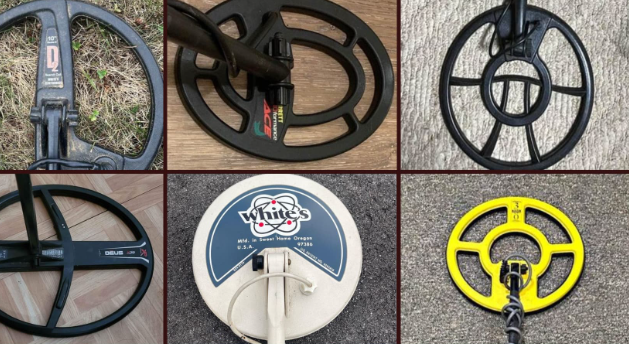Does Stainless Steel Set Off Metal Detectors? (Review 2025)

When passing through security checkpoints or working in environments with metal detection systems, a common question arises, “Does stainless steel set off metal detectors?” Understanding the interaction between stainless steel and metal detectors is crucial for anyone who frequently encounters such systems, whether in airports, secure facilities, or industrial areas. In this article, we’ll delve into how stainless steel affects metal detectors, exploring its properties and the reasons behind its detection.
A very short and simple answer to this question is yes. Stainless steel can set off metal detectors, but its impact entirely depends upon factors like the metal detector’s sensitivity and the type of stainless steel passing through it. Stainless steel contains items like iron, which metal detectors can easily detect.
Metal detectors with comparatively high sensitivity can detect them and trigger alarms. So, let’s dive into this comprehensive article and find out more about this question: “Does stainless steel set off metal detectors?”
What Is A Metal Detector?
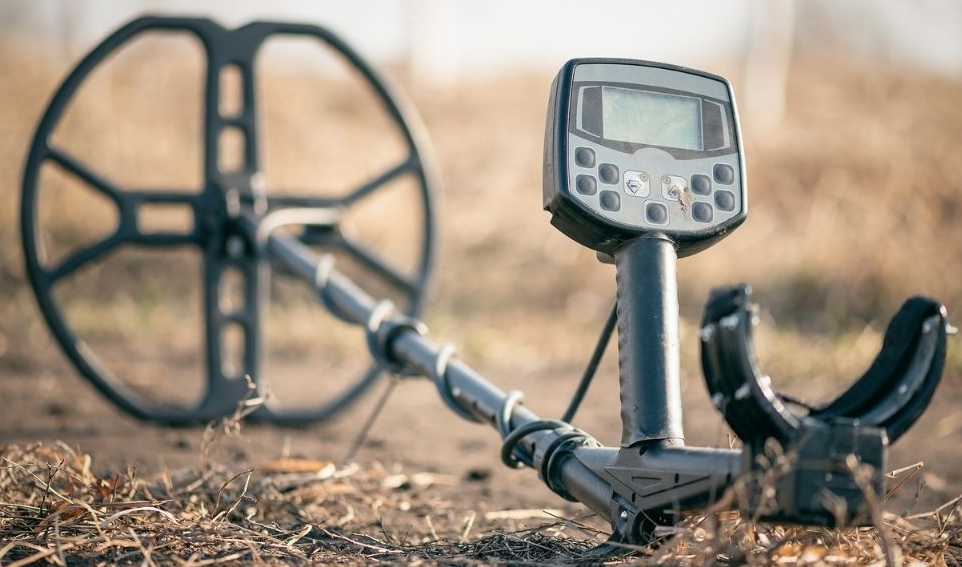
A metal detector is a device commonly used for safety and security purposes. It is an electronic device that is also used for underground detecting relics, jewelry, ancient stones, coins, etc. It detects metal and stainless steel objects by generating an electromagnetic field across its coil.
They come in various shapes, sizes, and prices. Each metal detector has specific features that are used for different tasks. They are often used for security purposes in government buildings and conference halls, schools, colleges, universities, and at gatherings, parties, etc.
You may like to buy: Garrett Ace 400 metal detector
Working of Metal Detectors

Before knowing about your thought on “Does stainless steel set off metal detectors” it is important to know about the working of these metal detectors. Metal detectors work by sending electromagnetic signals into the ground to find hidden things buried underground. The coil sends signals into the ground, and when the signal hits any metal objects, it creates a small signal for the receiver. Then, the receiver on the metal detector receives a signal from the ground and passes it to the control box.
The control box then processes these signals and alerts you by giving an alarm or by visual display. This will tell you that there is a metal object near you buried in the ground. Some high-spec metal detectors can also tell which objects were buried in that area, so it will help you to know if you find valuables or not.
Check out this helpful guide to buy Garrett AT Pro metal detector
Which Stainless Steel Types Commonly Trigger Alarms?
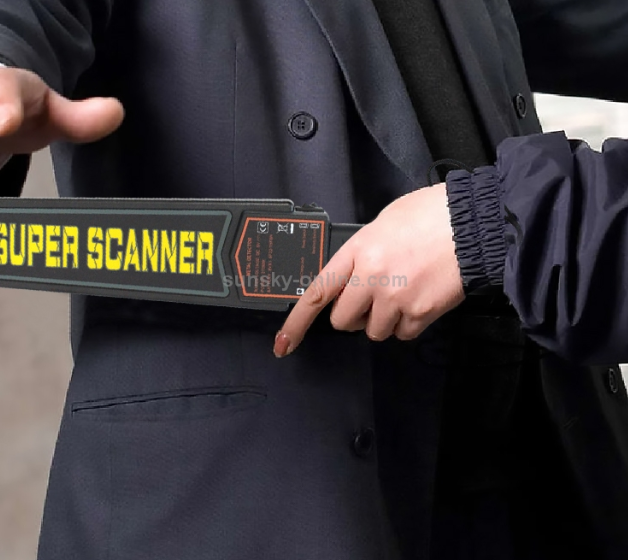
Different types of stainless steel react differently to metal detection, which is always based on their magnetic properties. These types of stainless steel are more likely to trigger alarms in the detection.
Martensitic Stainless Steel
Martensitic stainless steel is also called magnetic steel. This type of steel contains a lot of iron and magnetic properties. Metal detectors can easily detect such a type of magnetic field in their range, so they can give you more false alarms and are easily triggered every time.
Ferritic Stainless Steel
Ferritic stainless steel is also a magnetic type, but it has iron on it. It also contains iron and magnetic metals but in less quantity. Due to its magnetic materials, ferritic stainless steel can also prevent and trigger alarms like martensitic stainless steel.
Austenitic Stainless Steel
Austenitic stainless steel is also called non-magnetic or weakly magnetic steel. This type has less iron and mostly non-magnetic steel. It has weekly magnetic steel, which makes it less likely to be triggered by a metal detector, especially when the detector is very sensitive.
If you are a vaper and wanna know whether metal detectors detect vapes or not then check out our detailed guide on it.
Factors That Impact Stainless Steel Detection
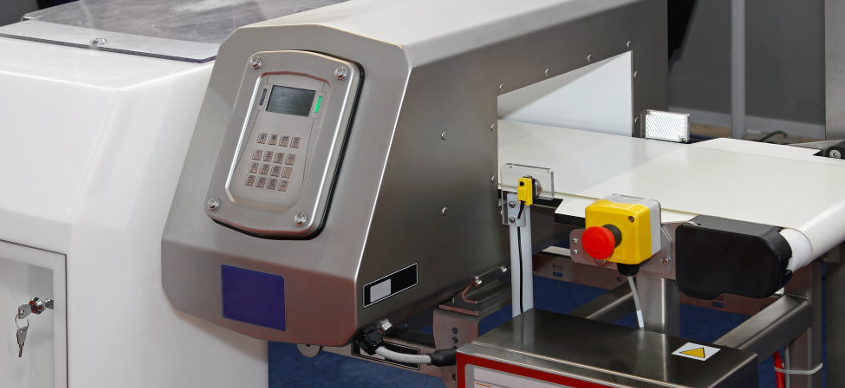
Now let’s get some more information about our thought on “Does stainless steel set off metal detectors?“. Several factors that affect how easily the metal detector can detect stainless steel are as follows:
Magnetic Properties
Stainless steel contains both magnetic and non-magnetic properties. Stainless steel types that are magnetic (like some types of martensitic and ferritic stainless steel) are easier for metal detectors to detect. Non-magnetic steel ( like austenitic stainless steel ) is very hard for metal detectors to detect.
Size and Shape
Large and thicker pieces of stainless steel can easily be detected by the metal detector because they contain a larger amount of iron and magnets. Smaller and thinner pieces of stainless steel are difficult to find because they contain less iron and metals.
Orientation
The position of the stainless steel is also affected by the detection. The way it is placed can greatly affect the finding, making it easier or more difficult to detect.
Depth
The depth of the object also affects detection. Stainless steel buried deeper in the ground is harder to detect. Metal detectors can detect an object according to its detection capabilities.
Different Sensitivities
Detector sensitivity affects how well a metal detector can find different objects in the ground. Some metal detectors are better at finding metal than others. High-sensitivity detectors can find stainless steel better than low-sensitivity detectors.
Soil and Moisture
Different types of soil and their moisture levels can impact the detection differently. Wet or rich in mineral soil can make it difficult to detect stainless steel during the detection.
Metal Mix
The Exact mix of metal in stainless steel, like nickel and chromium, can also affect detection. Some mixes are less magnetic, making it harder to detect stainless steel.
Tips to Help Stainless Steel Pass Through Security
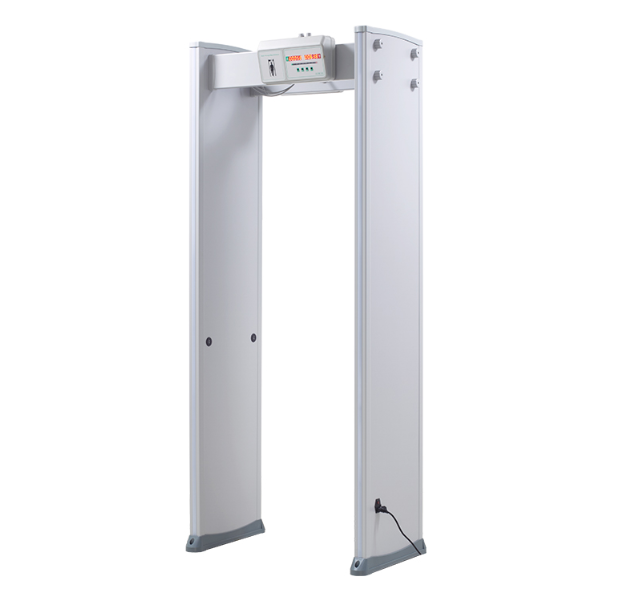
To improve the chances of stainless steel passing through the detector without being detected and triggered by an alarm, follow the following steps which are following:
Choose Less Magnetic Steel
Choose stainless steel that is less magnetic, like austenitic steel. These types of steel contain less iron, and metal that is non-magnetic is harder to detect by a metal detector.
Reduce the Metal Size
Reduce the size of metal by using a small and thinner piece of stainless steel. Smaller pieces have less iron, and metals can be harder to detect by metal detectors than larger ones.
Change the Position
Change the angle and positions of the stainless steel. The position of the steel has a high impact on the detectability of the stainless steel by the metal. So, the position of the metal steel should permanently be changed.
Add Protection
Always use materials and coatings that can shield or block the metal from the metal detector’s signals. However, this is more difficult and tricky work and may not always work.
Adjust Detector Settings
If possible, lower the sensitivity of the metal detector. This might help avoid the detection of less magnetic or smaller metals, and it might reduce the metal detector’s ability to detect them.
Use Different Materials
Where possible, choose materials other than stainless steel, like plastic, which do not trigger metal detectors.
Ensure Compliance with Standards
Always make sure that stainless steel items meet any regulations that might prevent them from setting off metal detector alarms. These tips make it easier for stainless steel items to pass through the detector without causing any problems.
Airport Security Tips for Traveling with Stainless Steel

Yes, airport security provides tips on how to travel with stainless steel items to make the process smoother. I am 100% sure that these tips will help you a lot in travelling with stainless steel items and will also solve your problems related to “Does stainless steel set off metal detectors?“. Some suggestions are the following:
Pack in Checked Luggage
Always put stainless steel items like water bottles or cutlery in your checked bags instead of carrying them with you. This will help you avoid setting off the metal detector at the airport’s security points.
Declare Your Items
Tell the security officer that you are carrying a stainless steel item. Informing them before the time can prevent confusion and also speed up the screening process.
Use TSA-Friendly Items
Make sure that your stainless steel items follow Transportation Security Administration (TSA) rules. For example, items like tools or cutlery always have to meet the right size and type rules.
Separate in Bins
During security checking, remove all stainless steel items from your bag and put them in the bin provided by the security officer. This will help the security officer scan each item separately and also help you avoid alarms.
Use Alternatives
If possible, use non-metallic items when going for the security check. For example, use a plastic water bottle instead of a stainless steel one to avoid all the detection issues.
Expect Extra Checks
Be prepared for extra checking if your stainless steel items set off the metal detector’s alarm. This might cause a second inspection or extra checking.
Airport Screening Process for Stainless Steel Implants
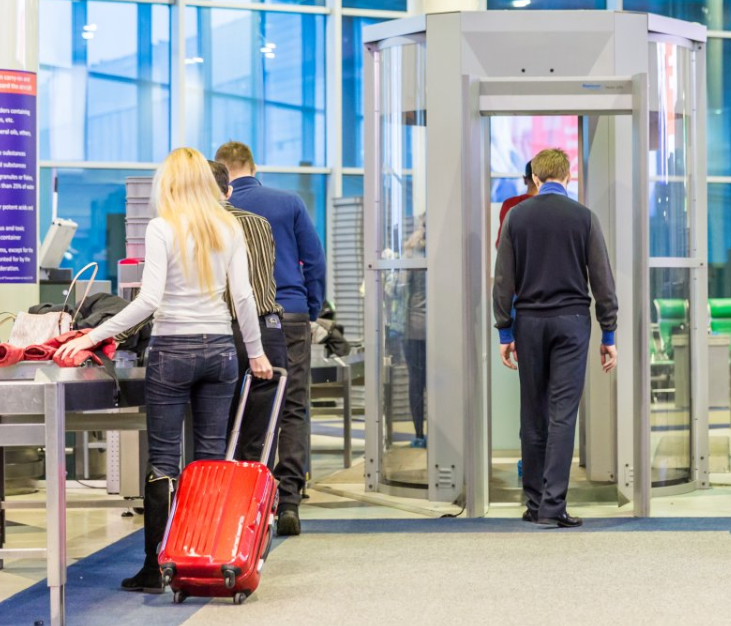
When you are going through airport security with the stainless steel impacts (like surgical screws or joint replacements), let me tell you how a screening process works:
Inform Security
Before you go through a security check, always tell the security officer that you have stainless steel implants telling the security officer before passing through the security check. This will help them understand why the metal detector beeps and prepare them for extra checks.
Walk-Through Metal Detector
When you walk through the metal detector, the alert alarm beeps. Stainless steel implants often set off these detections because they are made of metal.
Body Scanners
When you go through the scanner, the detector alarms and your security officer asks you to go through the body scanner. These scanners can show metal implants on the computer screen, which can help the security officer see what causes the alarm to set off.
Pat-Down Inspection
A pat-down inspection is a physical inspection. If needed, a security officer can do a physical check. This can help airport security confirm that the metal detection is your implant and that you are not carrying anything else.
Carry Medical Info
Always carry your medical information documents with you when you are going to the airport. It is very helpful to carry a medical card or your doctor’s letter explaining your implants. This can speed up all the processes and concerns of the security officer.
Follow Instructions
Be patient and follow the security officer’s instructions carefully. They are well-trained to handle such situations carefully and professionally, making the checking process smoother and faster.
I hope that after reading this entire guide on “Does stainless steel set off metal detectors?” you must have got answers to all of your questions.
Conclusion
In conclusion, the answer to our question, “Does stainless steel set off metal detectors?” is yes. Stainless steel has various types, which are usually more magnetic and may trigger metal detectors during security screenings. The answer also depends on the composition of the metal object.
Other factors that impact the detection of stainless steel are the size, shape, and sensitivity of the metal detector. You should know these factors and problems before traveling with stainless steel items. This can smoothen your travel experience and prevent any further problems.

